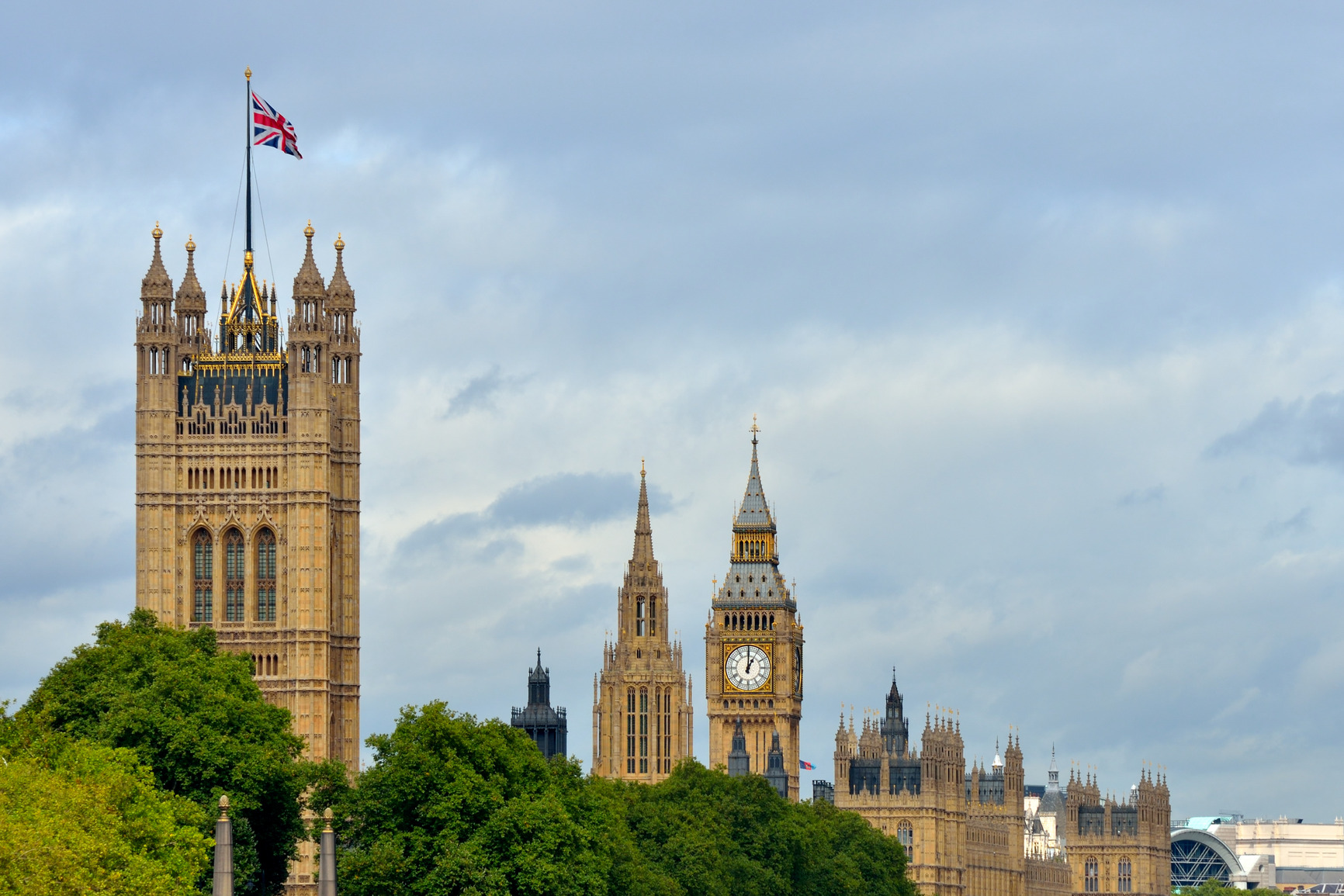Indian Muslims Need To “Correct” Their Image, Says Indian Vice President
By Nilofar Suhrawardy, MMNS India
NEW DELHI: Have Indian Muslims taken too much for granted? Is there a need of newer impulses to respond to new situations? Vice President of India Hamid Ansari posed these questions while giving the Khuda Bakhsh Oriental Public Library Memorial Lecture at Patna, Bihar (December 12). The theme of his lecture was, “Identity, Citizenship and Empowerment.â€
The Khuda Bakhsh Oriental Library, one of the oldest libraries in India, was opened to the public in 1891 by Maulvi Khuda Bakhsh Khan. It was declared as an institute of national importance in 1969 by an act of Parliament. Managed by an administrative board headed by governor of Bihar, the library is fully funded by the ministry of culture, with its director handling the regular managerial responsibilities.
Describing the library, as “amongst a handful of its kind in the world,†the golden jubilee of which is being celebrated this year, Ansari said: “It is a unique collection of Persian and Arabic manuscripts, described by a visitor as an ‘enclosed garden of precious things.’ These testify to the richness of the civilization of Islam… One characteristic … is the diversity of the … dialogue conducted over centuries between peoples of diverse stocks and traditions and the interaction between Islamic values and the historical experience of Muslim communities.â€
Deliberating on identity of Indian Muslims, Ansari said: “India is not a part of the ‘Muslim World’ but is not away from it; not a Muslim majority state in statistical terms yet home to the third largest community of Muslims in the world; not a society focused on Muslim welfare only but one in which the Muslims, as an integral part of a larger whole, constitutionally claim the attention that every other section does. The Indian Muslim community also has a history of engagement with the larger Muslim world and has contributed in intellectual, cultural and material terms to its enrichment.â€
His aim was “to explore two aspects of the interaction that has characterised the Indian experience,†Ansari said. He posed the questions: “Have the Muslims allowed their parameters to be frozen in time and taken too much for granted? Have they been sufficiently critical? Is there a need of newer impulses to respond to new situations?†Referring to “reality†portrayed by Sachar Committee Report that “examined the ground situation pertaining to identity, security and equity, highlighted facts emanating from official data and made recommendations for corrective and affirmative action,†Ansari asked: “What conclusions do we draw from our experience of six decades in terms, firstly, of the conceptual framework and, secondly, of the actual experience?â€
Secularism, “accepted as part of the basic structure of the Constitution,†Ansari said, “pertains to three sets of relations in a society: between religion and the individual (freedom of religion); between the state and the individual (citizenship); and between the state and religion (separation of state and religion).†“The basic debate in India on the meaning and content of secularism has ranged on two principal approaches, namely (a) neutrality of the state vis-à -vis religions to ensure a basic symmetry of treatment between citizens of different religious communities and (b) prohibition of religious activities in the functioning of the state. The former implies respect for and implementation of rights given to religious minorities. The record of six decades shows that flawed practice has at times tended to dilute these principles,†Ansari pointed out.
Accepting that “practice has fallen short of the promise,†Ansari analysed the Indian Muslim mind. “Insecurity, frustration and uncertainty characterised the Indian Muslim mind in the immediate aftermath of Partition,†he said. Their grievances centred on five core concerns security, employment and reservations, Urdu, Aligarh Muslim University and Muslim Personal Law, he said. “The community’s internal discourse on these as also in the wider Indian circle is, therefore, of relevance. It was articulated through the ulema, political leaders, intellectuals and the general public. In many cases, these categories over-lapped; their responses varied. The record of six decades suggests an unduly defensive approach, sporadic and emotional rather than systematic and rational. The internal discourse repeated an old lament,†Ansari said.
“Suggestions for possible corrections were few, unfocused and far in between,†because of which, Ansari said, “an inter-community dialogue to seek correctives did not emerge; this enhanced distances.†Ansari emphasized: “There is, specifically, a requirement to address three challenges.†These include, he said: “Sustained, candid, and uninterrupted interaction with fellow citizens without a syndrome of superiority or inferiority; involvement of all segments of the community, particularly women who constitute half the population and are to be empowered in social responsibilities as equal partners with Muslim men; and self-empowerment in areas where competence already exists, making the best use of government assistance that is available, and creating capability to benefit from the opportunities being offered by an expanding economy.â€
“The failure of communication with the wider community has tended to freeze the boundaries of diversities that characterise Indian society. People have tended to live together separately. As a result, stereotypes have been developed and nurtured,†Ansari said. “There is therefore an urgent need to correct the image, go beyond identity issues, project a more holistic view of Muslims as normal human beings and fellow citizens with the same rights and responsibilities as other citizens,†he said. “Islam’s emphasis on observance of ethical principles in interaction with all human beings should help Muslims to propel a positive image,†Ansari asserted.
Highlighting the need of “social awakening,†particularly with regard to status of women, Ansari pointed out that “in this effort, religious texts are not an impediment, social custom is.†“The endeavour should be inclusive; the traditionalists, who have a wider social reach, have to be included and reminded of Islam’s teachings on the status of women as also of the imperative of our times. What is needed is a virtual revolution in our approach to this question. The examples of education of women in Muslim societies like Indonesia, Malaysia, Iran and Turkey, and its eventual impact on the status of women in society, can be emulated with benefit,†he said.
“The social and economic rejuvenation of Indian Muslims is important for its internal dimension, as also for revitalising India’s traditional engagement with, and contribution to, the Muslim world beyond our borders,†Ansari stated. To keep the process on a progressive track and prevent regression, Ansari said: “The key seems to lie in a sincere, unconditional and uninterrupted dialogue and requisite corrective action within the framework of the Constitution. All segments of society, majority and minority, have a national duty to do so.â€
11-52














2009
751 views
views
0
comments